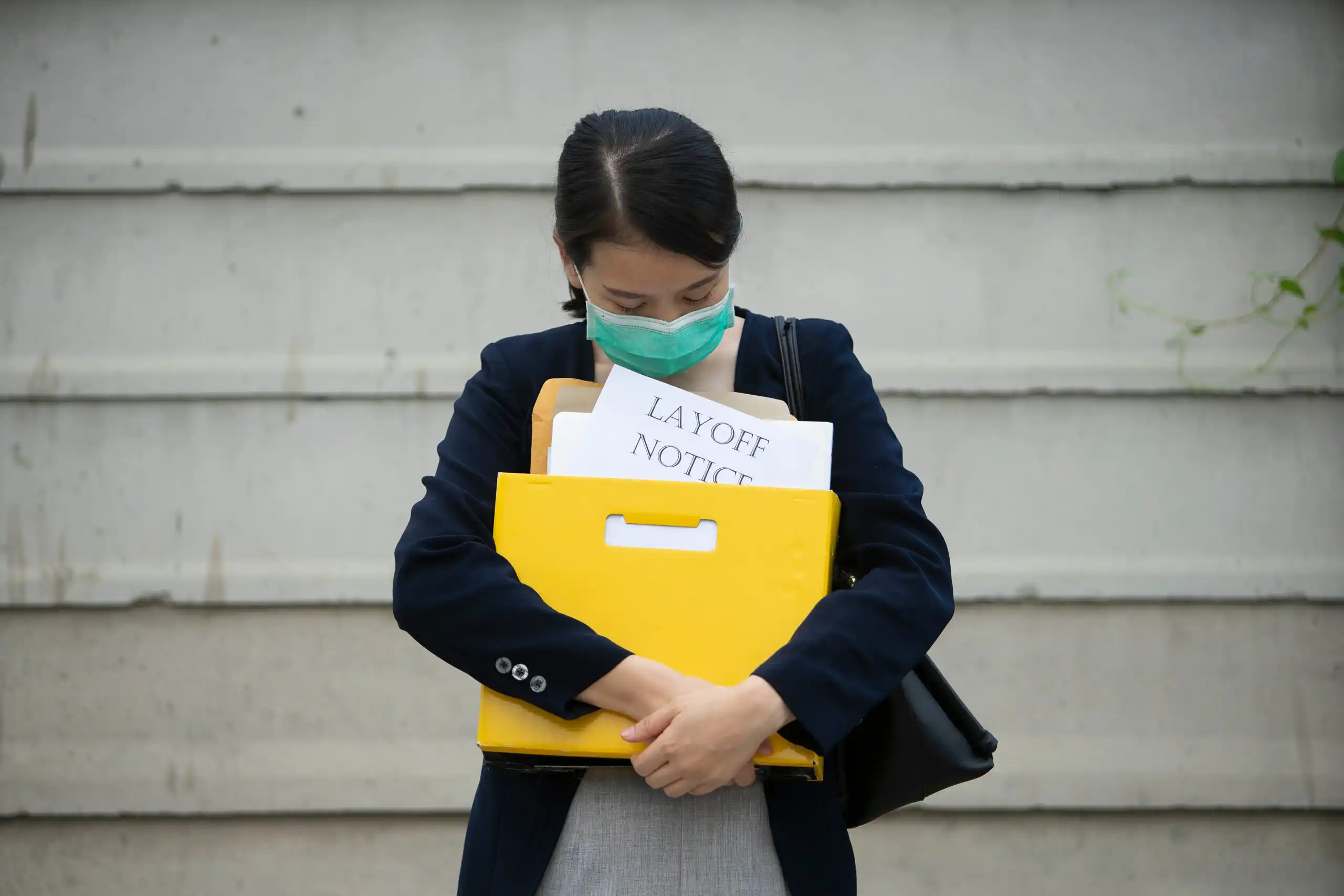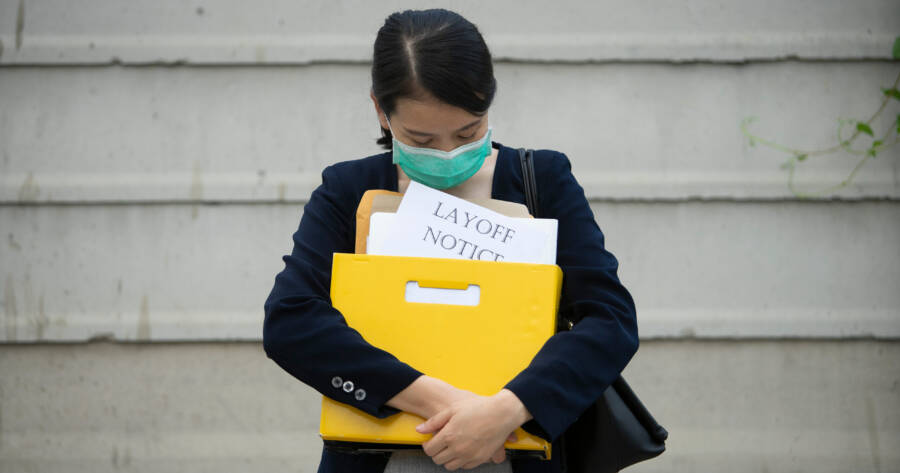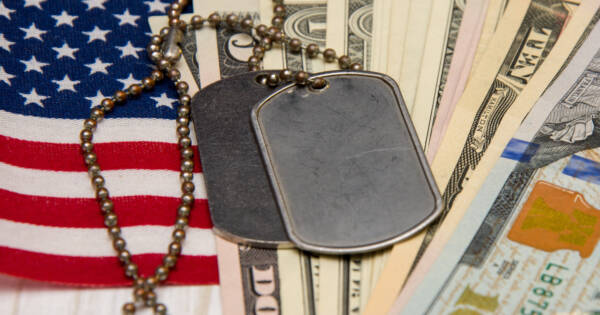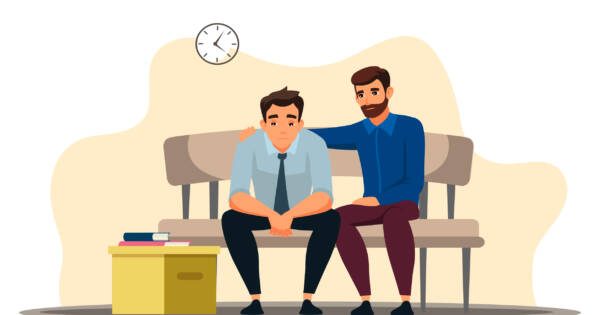Even though the vaccine is finally rolling out and that the economy is expected to pick up this year, many people are still having a tough time keeping (or finding) a job. Some of my friends are engineers, working for aerospace companies. Even their employers are (still) talking about forced time off and extended vacations for everyone. And they aren’t even among the most unlucky workers right now.
Those who work in hospitality are having it far worst. Another friend of mine works at a hotel. He told me that winter is usually their busiest and most profitable season. Their hotel is usually full, with capacity almost reached at this time of the year. However, the government is currently limiting capacity to 30%. There’s just no way their employer will hire all the people they normally would. For many people, in many industries, the economy is far from “fixed.”
For those of us lucky enough to still have a job, it’s safe to say that the pandemic taught us a few things. We might never know if a job loss is just around the corner, even in the best of times. This means that you need to be aware of the possibility of it happening to you. You should make an effort to be prepared for the possibility of job loss. Having a plan in place before you lose your job can drastically improve your situation if you do. Here are some things to consider.
Reduce Your Debt
The first thing you need to do is try to reduce your debt as much as you can. While you are employed, make every effort to get rid of debt. The fewer obligations you have, the better off you’ll be if times get tough. When you have a lot of obligations hanging over you, it can become difficult to keep up with payments — even in good times. However, if you lose your job and still have a lot of debt, you’ll be in even worse trouble. Work toward reducing your debt so that you have fewer things to worry about if you suddenly lose your job.
Establish Your Spending Priorities
While you’re at it, make a list of what you spend your money on. Then decide on your priorities. Comb through every expense and see what you can cut out in an emergency. You don’t have to cut back right now (although it’s always a good idea to trim the fat from your budget), but you should know exactly what expenses you will dial back on in an emergency.
You could also do a test run. Try cutting back on one or two expenses. Maybe it’s a streaming service or an expensive snack you enjoy. See if you can live without it. For example, try cutting out your cable or satellite TV and see how your life changes. You may find that you really do need to spend $100 a month on cable, because you feel miserable without live sports or news. In that case, just add the service back.
On the other hand, you may not miss the entertainment at all. Or you’ll find more cost-effective alternatives. If that’s the case, then you’ve just saved yourself $100 a month. That can be put towards building your emergency fund or paying off debt. At the very least, you will know whether it’s worth the cost if you truly need to cut back. If you can have these kinds of hard decisions already figured out in advance, it will be easier to follow through if you end up jobless.
Build Your Emergency Fund
As always, you need to build your emergency fund when you can. What do you have set aside? Try your best to gradually build up to a fund that provides you with enough money to cover your necessary expenses for six months. We realize that’s a huge ask for many people, but do your best. Even a month of two worth of runway is better than nothing at all.
This will help cover your basic costs while you look for another job. Building an emergency fund is about making sure the mortgage or rent gets paid, groceries get bought, and insurance premiums are up to date. You should definitely cut out of the extras if you suddenly relying on your emergency fund. It’s boring advice, I know. However, it’s not something you should skip.
Diversify Your Income
Now is a great time to diversify your income. Since jobs aren’t nearly as secure as they were a couple decades ago, you really do need to be ready for the possibility that you will lose yours at some point. One way to prepare is to look for ways to earn extra money on the side. When you have another source of income, losing your job isn’t as devastating. You’ll still have some money coming in, so you aren’t constantly drawing down the emergency fund. Consider starting a side hustle that can help shore up your finances. Try freelancing at something you’re good at (writing, photography, web design, or being handy around the house, for example). Put those earnings into the emergency fund while you still have the day job to be even more effective.
Know About Unemployment Benefits
Don’t forget about unemployment benefits. It pays to know exactly what you need to do to claim them, so that you are ready if the axe falls. In this pandemic, even freelancers and small business owners can get unemployment benefits if they were affected by the disaster. Don’t just assume that you won’t qualify, for whatever reason.
Be ready to apply to as quickly as possible after losing your job. The process can take a few days or weeks to kick in. When you do apply, try to elect receiving all correspondents electronically. With so many claims being filed in this pandemic, anything that isn’t automated electronically is just going to take that much longer. Using snail mail might delay your claim and payments, keeping you from paying the bills on time.
Keep Applying to New Jobs
Don’t give up! With the ease of applying for jobs online, there’s really no excuses not to send out a bunch of resumes every day. Get creative. Perhaps you can look up the HR department’s contact on the hiring firm and hand deliver your resume to them. Better yet, figure out the contact of the person who needs a new hire and contact them directly. At the very least, it’ll show the employer that you are resourceful and eager to work for them.
Between unemployment benefits, a side hustle, and an emergency fund, you should be able to limp along until you find a new job. If the vaccine proves effective (like the data shows), we could jump back to normal in a heartbeat. Hopefully, the economy will up and roaring by the end of 2021. Don’t lose faith if you are unemployed. And be ready for the worst if you do still have a job. Good times are ahead.
 Shutterstock
Shutterstock







